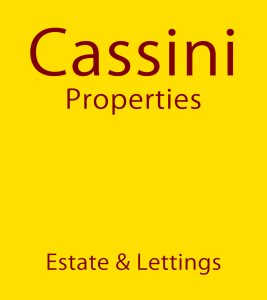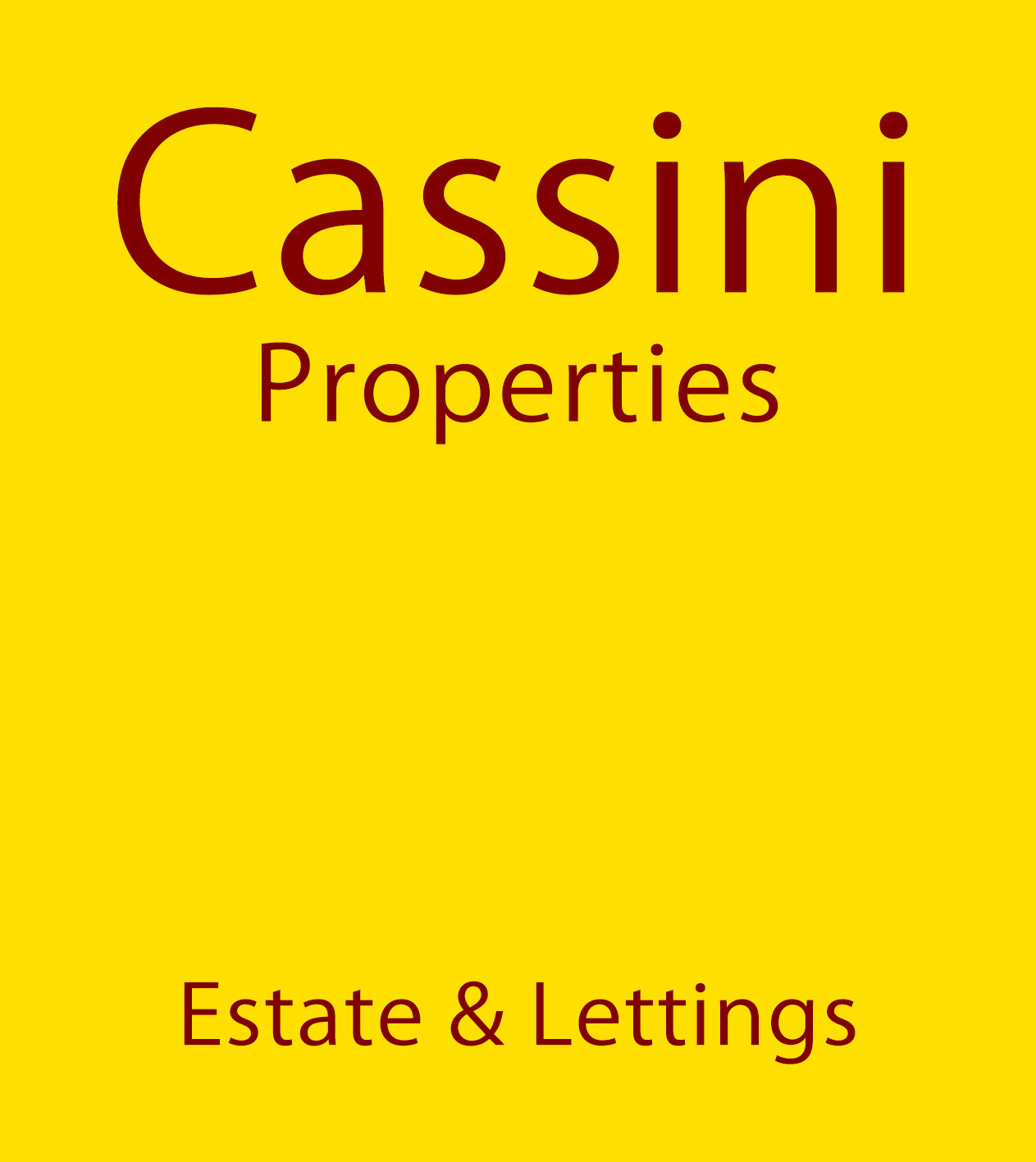Your search results
Property vs Pensions
Property vs Pensions — What’s a Better Investment?
When you’re planning ahead for your retirement, you typically have two options. Assuming you’re not in a position to do both, you can either invest in property to provide a long-term income, or you can invest in a pension scheme. The question is, which is better?
To help you figure out which option is better for you, below you’ll learn everything you need to know about property versus pensions. You’ll discover the pros and cons of each option, making it easier to make the most informed choice.
The pros and cons of property investments
Although the tax placed upon buy to let landlords has increased in recent years, the majority still believe it’s a better investment than pensions. The rental market is definitely lucrative at the moment; as more people to struggle to get onto the property ladder, they resort to renting instead.
Some areas are a lot safer to invest in than others in terms of profit. Leeds is a fantastic area to invest in this year, with house prices continually rising over the past 12 months. Leeds city centre is a particularly good area in terms of rental yield potential, and has a high number of tenants waiting for properties to enter the market.
So, what are the pros and cons of using property as an investment? The main pros include:
-
You’ll receive both immediate and long-term income
-
Property values have increased significantly over the years
-
You can choose to sell the property whenever you like, freeing up cash to invest in other areas
The cons, on the other hand, include:
-
The buying, maintenance and sale of the property will ultimately take more time and effort than a pension
-
If house prices fall, you risk losing equity
-
Property is subject to inheritance tax
-
Mortgage lenders have tightened their lending criteria
So, what about pensions?
The pros and cons of pensions
Pensions have changed a lot over the years, and it’s no secret that you may get back less than you put in. However, they have become much more flexible over the years. They can usually be accessed any time from the age of 55, and you can choose to take money out in a lump sum, or leave it to accumulate a bigger investment.
If you have an employer, auto-enrolment means they need to match 2% of the money you save on your pension, with many opting to put in even more. The pros of a pension include the following:
-
You have excellent flexibility over when to access your pension
-
There’s a lot more tax relief on a pension than there is with property
-
Although it’s possible, you’re unlikely to end up with less than you’ve paid in
The cons include:
-
If you have a workplace pension you won’t get to choose where the money is invested
-
The rules regarding how you can access the pension may change at any point
-
You do have a very small chance of losing money
As you can see, there are pros and cons to each choice. Ideally, it would be a good idea to invest in both properties and a pension. However, for most people, property does tend to be one of the best options in terms of investment potential.
For a free property appraisal, call Cassini Properties Estate and Lettings on 0113 2497313.





